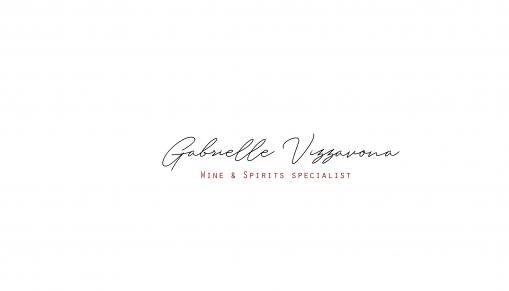Paolo Bouca Nova, purchasing director for wine merchants’ chain
“During lockdown, sales revenue from our website increased five-fold”
Le Repaire de Bacchus has 40 stores located in and around Paris. How have you managed the crisis?
Wine merchants were allowed to stay open, but we chose to close our stores for the first few weeks. We didn't want to put our wine merchants or our customers at risk, we weren't ready and we didn't know what the extent of the health crisis would be. Gradually, we asked our staff their opinion and under what conditions they could resume business. We drew up a detailed plan for health standards and protective measures that needed to be introduced. We reopened our stores on April 14 and the measures will remain in place at least until the end of May.
How did your online and in-store sales trend during lockdown?
The slight drop in-store is mainly due to the fact that our shops are closed on Sundays and Mondays, whereas many would normally be open. Our customers made a significant transition to online sales with home delivery when we were closed. During lockdown, sales revenue from our website increased five-fold. The momentum continued, but to a lesser degree when our shops reopened. Although we can feel a real flurry of interest for online sales in Paris, people are still very fond of their local shops, which are not about to disappear any time soon.
What types of wine did people turn to?
Both in stores and online, we have seen several trends emerge. Our customers have tended to choose wines retailing at the 10/12-euro mark, whereas the average purchase price is usually around 15 euros per bottle. People drink more modest wines than when they have guests around. Obviously, partying has gone out the window, hence the drop in sales of Champagne, even though it is one of our specialities. Rosé, on the other hand, performed very well. The weather was nice, prompting people to buy rosé and we introduced a charity drive starting April 14, which runs until the end of May. For every bottle of rosé sold, one euro is donated to Paris hospitals. This has helped sales (we sold 3,500 bottles of rosé in 3 weeks) by encouraging people to make a contribution. Rosé touches the most sensitive nerve for winegrowers, because it has to be drunk within the year, whilst still fresh with aromatic intensity. We offer an extensive range of rosés with about fifty SKUs, spearheaded by Provence then Corsica, Languedoc and the Loire. In our stores, rosé is a department in its own right, not a flash-in-the-pan.
How do you see the next few months?
I will be considering the supply situation. We have Champagne inventories. People want to see their friends, start hosting dinner parties again and home consumption will be substantial, which will benefit wine merchants. Consumers may well shift their spend to wine merchants because cafés and restaurants will remain closed for some time yet. Wine sales could therefore increase, by volume and by value.
